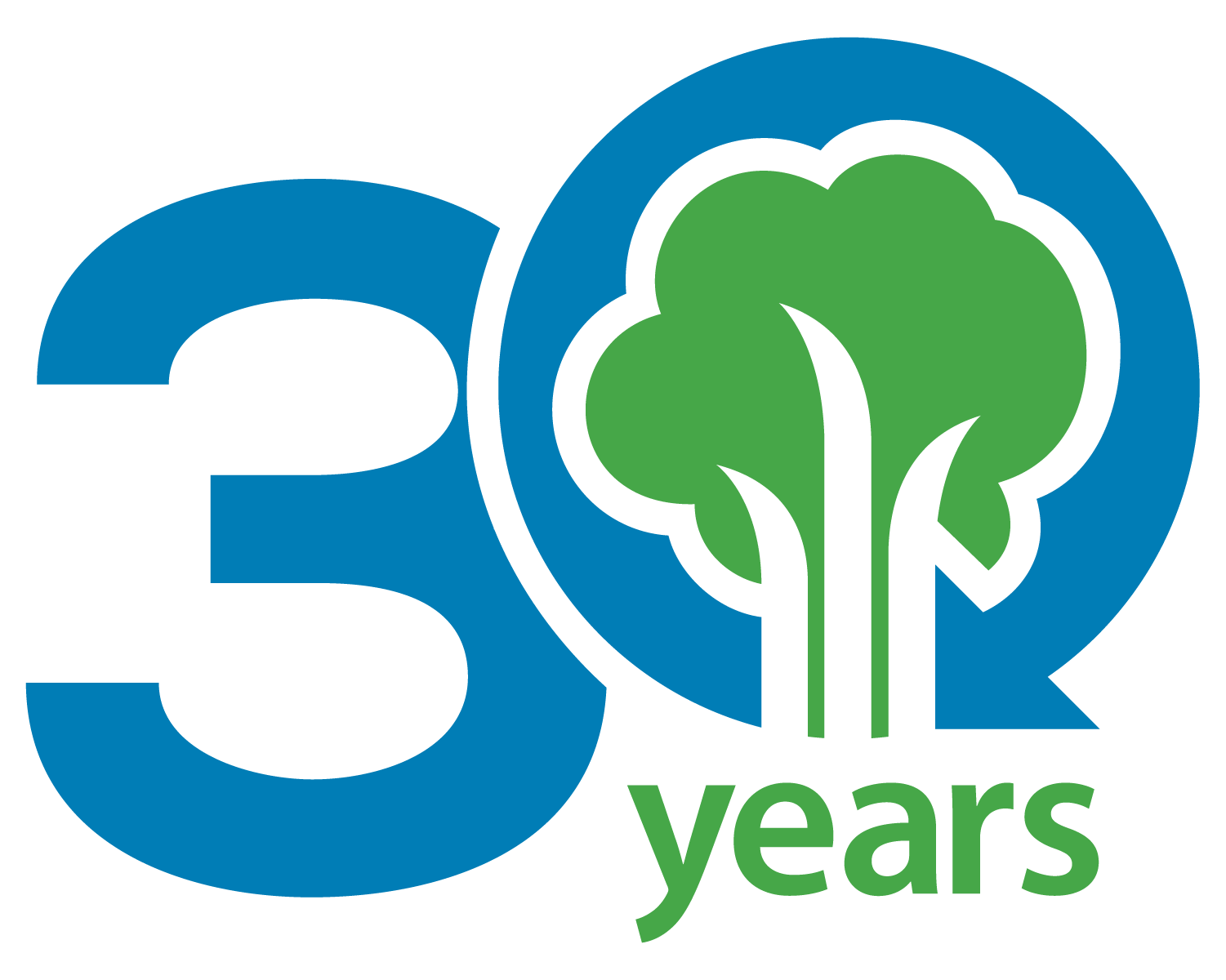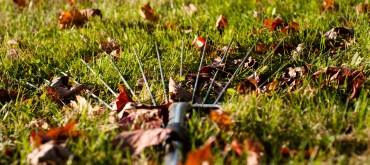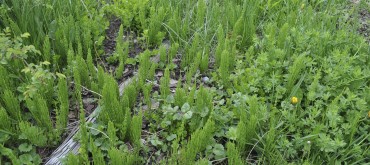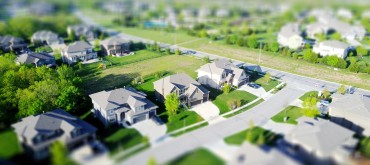This year, you may encounter more rabbits frolicking in your lawn. Due to the amount of rain we have had this season, it has provided more food for rabbits, and therefore the number of litters will increase. Rabbits use grass and weeds not only as a food source, but also to provide them and their young with shelter. Similar to dog urine, high concentrations of rabbit urine is known to burn turfgrass resulting in brown spots. If you’ve been noticing spots in your yard that look really short and are beginning to brown, check for rabbit pellets because it is likely rabbit damage.
Rabbits love to eat grass, and will munch all the way down to the crown of the grass, putting a lot of stress on the plant. No need to panic! The rabbits will not harm the root system, so your lawn has a great chance of bouncing back. The best thing to do is to fence off the damaged area and keep it well-watered and fertilized to help it grow back.
Rabbits rely on turfgrass and weeds for shelter. They create dens by bending the grass out of position and can sometimes break the blades. They may even gather grass from other spots in the yard and create thatch to become suitable for nesting. Luckily, there is rarely need to call animal control in the case of rabbits. Baby rabbits, also known as kits, reach maturity and leave the nest in approximately 3 weeks. If a nest is found it is best to mow around it for the time being and begin to take steps to deter the rabbits from staying on your property. Rabbits enjoy properties that are safe with many places to hide, so by cutting excessively long grass and trimming the bottom layer of shrubbery on the property, your landscape will be less favorable for the rabbits.
It is recommended to neutralize the effects of rabbit urine by watering each damaged area, but ensuring not to overwater so as to leave a pool of standing water. Wait three to four hours for the ground to dry, and then water the areas a second time. Dilution of the urine concentrate with water is the single best way to reduce the effects of urine damage. Rabbits are creatures of habit, and are known to urinate in the same spot several times.
Gypsum also neutralizes salts left by urine, so the area can be reseeded successfully. The gypsum should improve the soil’s quality and promote better drainage. Those factors are helpful in eliminating lawn burn caused by rabbit urine because the urine will soak into the ground more quickly than it would otherwise.
Spring and fall is the best time to tackle the problem with a little topdress and overseed. It adds valuable organic matter to the soil base which improves soil fertility and root structure. You can check out more tips on topdressing and overseeding.
Should you have any questions, please contact us! We are always here to help!





